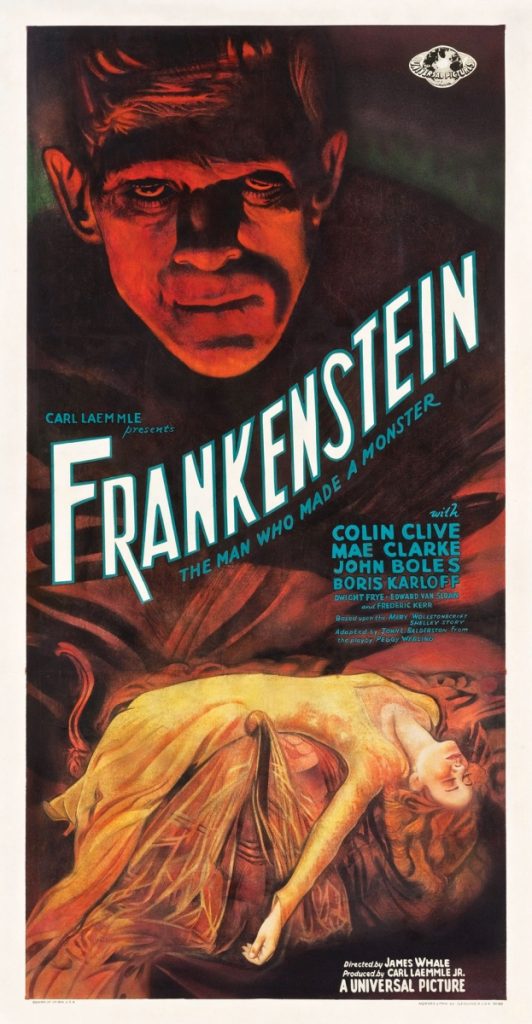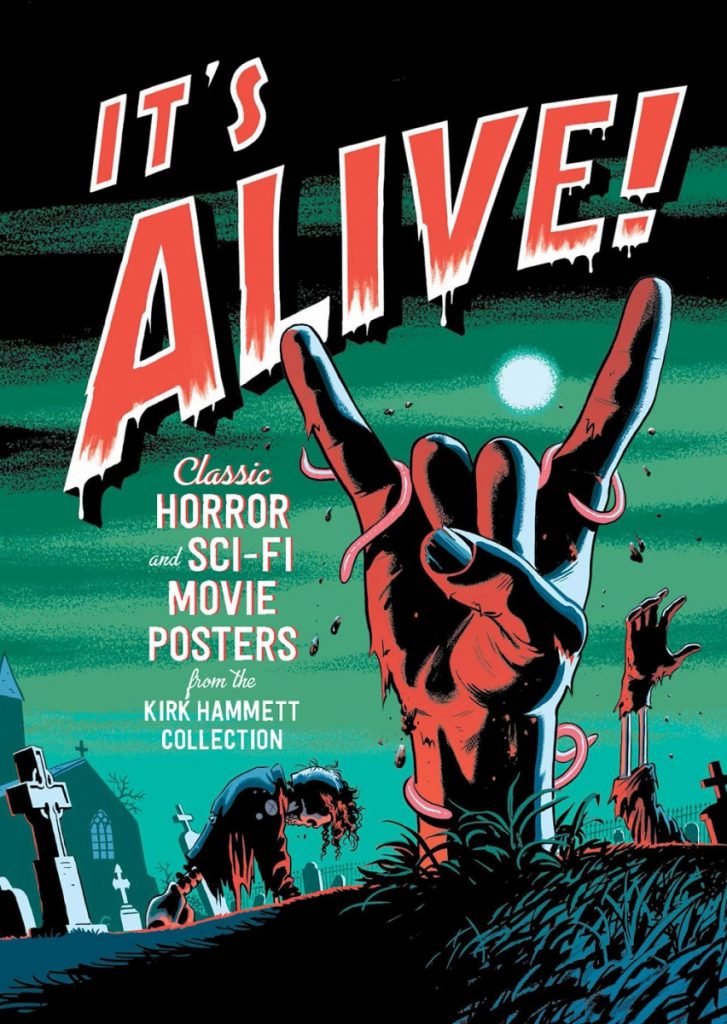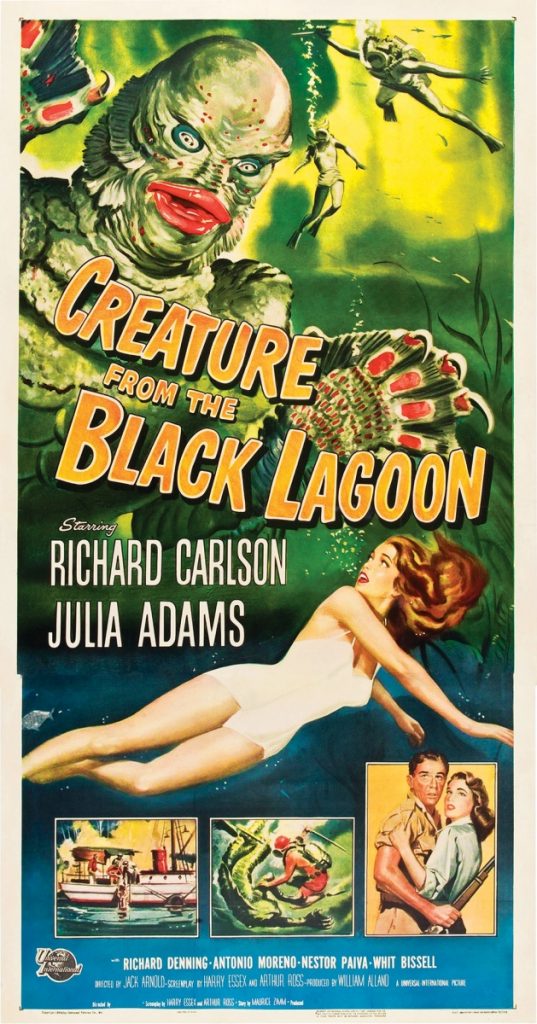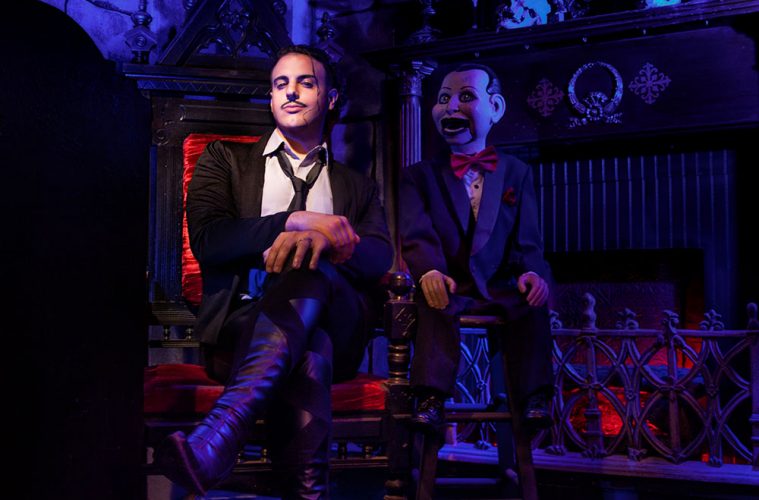Go anywhere in the country and tell people you’re from Salem, Massachusetts. Guaranteed you’ll get the following response: “Oh, the witches?” That’s the one. (This actually happened to me this past summer while I was giving the camp director at my niece’s sleepaway camp my address.) Long associated with all things spooky, Salem is a city that both plays up its dark past in a monthlong celebration of Halloween—the annual Haunted Happenings festival that takes place every October—and educates both its residents and its visitors about what can happen when we let fear get the best of us, using the 1692 witch trials as an example.
So it only seems natural that the Witch City, the Halloween capital itself, would conjure up a fear festival of its own. The first-ever Salem Horror Fest, founded by festival director Kevin Lynch, kicks off on September 22 at the Peabody Essex Museum, one of the festival’s partners, as part of the PEM/PM evening party series in conjunction with the exhibition It’s Alive! Classic Horror and Sci-Fi Art from the Kirk Hammett Collection (the exhibition will be on display at PEM until November 26) and runs until October 15. The festival, with the tagline “To overcome fear, we must first understand it,” is filled with screenings, parties, concerts, panels, and exhibits, all of which “explore societal themes of fear and anxiety in horror.”
“Fear is here with all of us, but it’s up to us to keep it in check,” says Lynch, adding that people’s reactions to Salem can be turned into a positive thing—an understanding of the world we live in and empathy for others. “Salem has a social responsibility to the world to remind people what happens when fear runs amuck.”
Lynch, a self-proclaimed “Halloween freak” (I can relate), pulled from his experience organizing Halloween events in the past and, using Salem’s history as a backdrop, created a sort of syllabus of films that explore an American identity—who we are and who we have been. “I wanted to be extremely respectful to our history and the genre, while still having fun with it,” says Lynch. And Halloween, he adds, “is a great outlet for people for many reasons, offering a safe and healthy way for people to process their own fears.”
“Roger Ebert once described movies as ‘empathy machines,’ and I just love that,” says Lynch. “People so often don’t understand other people’s fear, and movies help facilitate [that idea] of people experiencing [someone else’s] fears.” Lynch adds that the idea of the festival stemmed from using movies as a way to channel his own emotions. “The election hit me really hard, and I wanted to find a productive way to do something about the way I was feeling.”



Four films will be screened in PEM’s Morse Auditorium as part of the festival: Night of the Living Dead (R.I.P., George Romero), Matinee, Gods & Monsters, and The Haunting. Each will feature a panel discussion exploring subtextual themes of cultural fear found in the film.
Lynch says the partnership with PEM came about in a really organic way, right after the museum announced that it would be featuring the Kirk Hammett collection. “When I learned that, I was super surprised and excited,” Lynch says. “It’s that Halloween notion of Salem that PEM isn’t really known for.” So Lynch presented the idea of the horror festival to PEM, emphasizing its academic approach to the topic of fear and the delivery of a horror audience that would be equally as excited (as he was) about the It’s Alive! exhibition.
“Horror movies are a reflection of what’s going on in society. And art allows you to bring your own perception to a person’s work, much like horror films,” says Lynch. “The connection is there.”
Following the Haunted Happenings Parade on Thursday, October 5, CinemaSalem, the festival’s other partner, will host Wicked Shorts, a free evening of short films in consideration for the first annual Orlok Award, named in honor of the 10th anniversary of Count Orlok’s Nightmare Gallery.
The second half of the Salem Horror Fest will include the screenings of seven double features at CinemaSalem, focusing on such social themes as racism, misogyny, gay panic, media manipulation, and xenophobia in films like Get Out/The People Under the Stairs (common themes: racism, gentrification), Nightmare on Elm Street 2: Freddy’s Revenge/Cruising (common themes: sexuality in high school, gay youth, identity), and the pairing that Lynch is the most excited about: Tragedy Girls/Friday the 13th Part VII: The New Blood, brought together for a night called “Women with Guts,” a celebration of women in horror that will include a Q&A session with stars Lar Park Lincoln and Kane Hodder (Jason Vorhees) from Friday the 13th Part VII: The New Blood. The October 7 screening of Tyler MacIntyre’s Tragedy Girls, which features two strong female protagonists, will be the New England premiere, after a successful run at SXSW. “It’s like Clueless meets Scream,” Lynch says. (I’m sold.)
Lynch says he has always been fascinated by the “final girl” in horror films. “They endure, fight back, and use their wits against oppressors. I’ve always thought that was punk rock and glamorous at the same time—the way they own that victory,” says Lynch, whose goal is to make this year’s festival so successful that people expect there to be a second one—though not necessarily organized solely by him. “It’s a community-building experience, looking for collaboration opportunities…and it’s growing into this huge thing in a small amount of time, which I love,” Lynch says. “There’s a market for it here.”
Lynch says he will also continue to showcase horror shorts and find ways for the festival to celebrate the artists and the creators in the genre—elevating those who are marginalized, such as minorities, women, and the LGBT community. Conceptualizing the genre plays a big part in the festival—understanding the people who make the films, who they are and what they believe. For example, They Live, another film being screened as part of the festival, was director John Carpenter’s direct response to the Reagan era—a commentary on the state of American democracy, society, and consumerism. This is what Lynch likes to call “the magic of horror movies.”
“Understanding how fear works makes us all stronger; I hope that comes through at the festival,” says Lynch, adding that while the festival aims to address what each of these themes says about our culture, he also wants it to still be fun. “It is Halloween, after all.”
For the full calendar of events and to purchase tickets, visit salemhorror.com.

